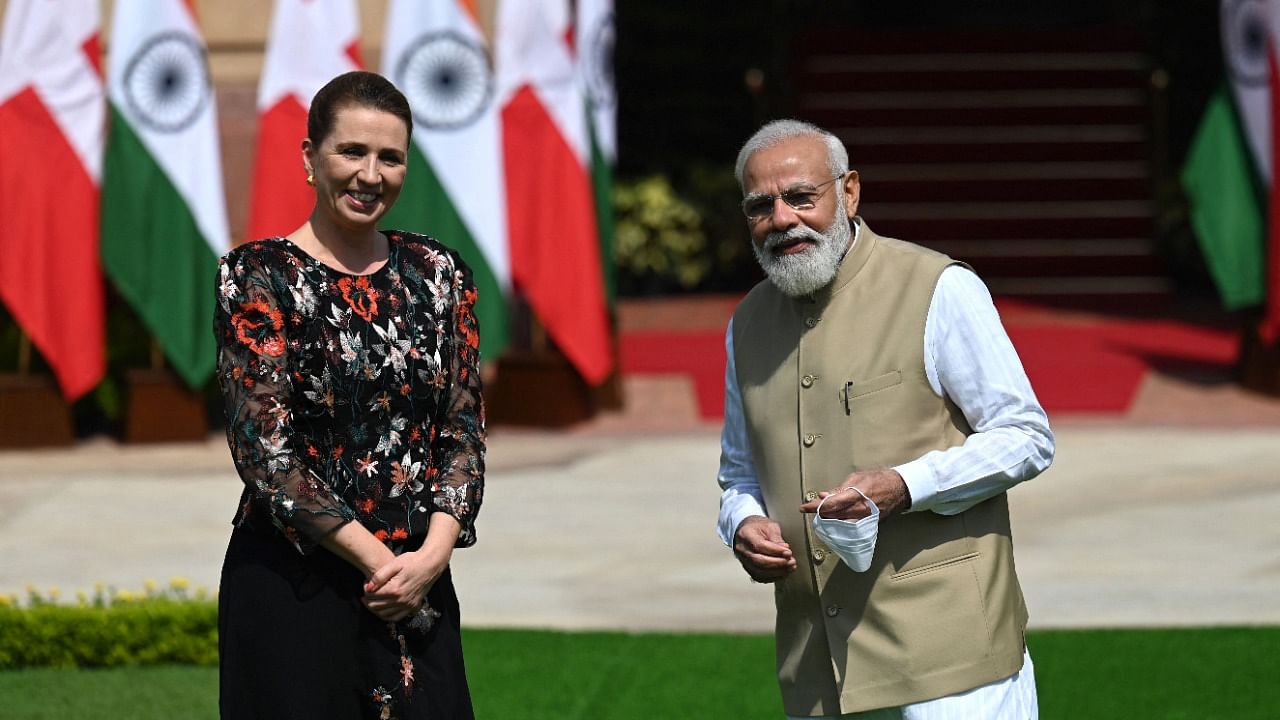
Narendra Modi is going to be the first Prime Minister of India to visit Denmark in almost two decades, although the protracted legal proceedings in the North European country over extradition of Kim Davy for his role in 1995 arms dropping at Purulia in West Bengal continues to drag on.
The prime minister is visiting Copenhagen almost a decade after India decided to scale down its diplomatic ties with Denmark as a mark of protest after the Danish Government refused to appeal to its Supreme Court of the country against the decision of a lower court rejecting plea for extradition of Kim Davy alias Niels Holck to India.
Modi will visit Copenhagen on May 3 and 4, both for a bilateral meeting with Danish Prime Minister Mette Frederiksen, as well as to take part in the second India-Nordic Summit. Apart from Modi and Frederiksen, Prime Minister Katrín Jakobsdóttir of Iceland, Prime Minister Jonas Gahr Støre of Norway, Prime Minister Magdalena Andersson of Sweden and Prime Minister Sanna Marin of Finland will take part in the conclave, the Ministry of External Affairs stated in New Delhi.
The prime minister’s tour to Copenhagen will be preceded and followed by his visits to Berlin and Paris respectively to meet German Chancellor Olaf Scholz and French President Emmanuel Macron.
Atal Behari Vajpayee’s visit to Copenhagen in October 2002 was the last bilateral tour by a prime minister of India to Denmark. Though Manmohan Singh visited Copenhagen to attend a United Nations climate change conference in December 2009, he did not have any bilateral meeting with his counterpart in the Government of Denmark.
The relations between New Delhi and Copenhagen strained over extradition of Kim Davy – the prime accused in connection with dropping of a large consignment of arms, including several hundred AK-47 rifles, and more than 16,000 rounds of ammunition from a Latvian Antonov An-26 aircraft at Purulia in West Bengal on December 17, 1995.
Davy had escaped after the incident but had been traced in Denmark in 2007. Though the Danish Government had in April 2010 decided to extradite him to India, the move had been blocked by the High Court of Eastern Denmark. Despite New Delhi’s repeated requests, the Danish Public Prosecutor had not appealed against the judgment. This had prompted India to scale down its diplomatic relations with Denmark.
New Delhi, however, in 2016 sent a fresh request to the Government of Denmark for extradition of Davy. Even as the legal proceedings over the new extradition request is still on in the North European nation, the Modi Government moved to bring bilateral relations back on track. Modi had a meeting with then Danish Prime Minister Lars Løkke Rasmussen at the India-Nordic Summit in Stockholm in April 2018. Rasmussen visited India in January 2019 for the Vibrant Gujarat Global Summit, where India had invited Denmark to participate as a “Partner Country”.
Modi and Frederiksen had a virtual summit in September 2020 and launched a Green Strategic Partnership for collaboration to promote green and sustainable growth. Frederiksen visited New Delhi in October 2021 on an invitation from Modi.
Though Modi took up with Frederiksen the issue of extradition of Davy from Denmark to India, both sides agreed that the legal process must go forward and should take its own course.
Check out latest DH videos here
